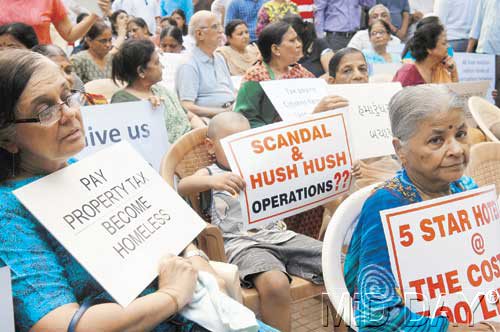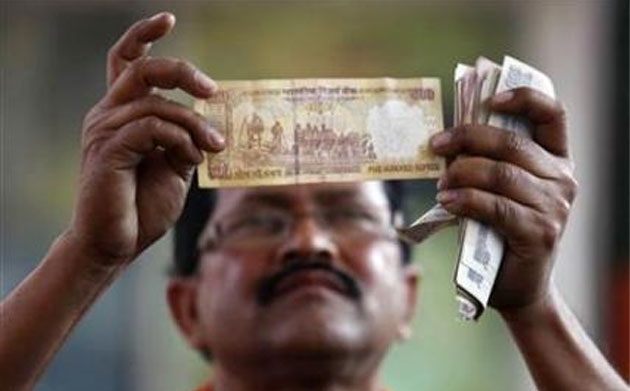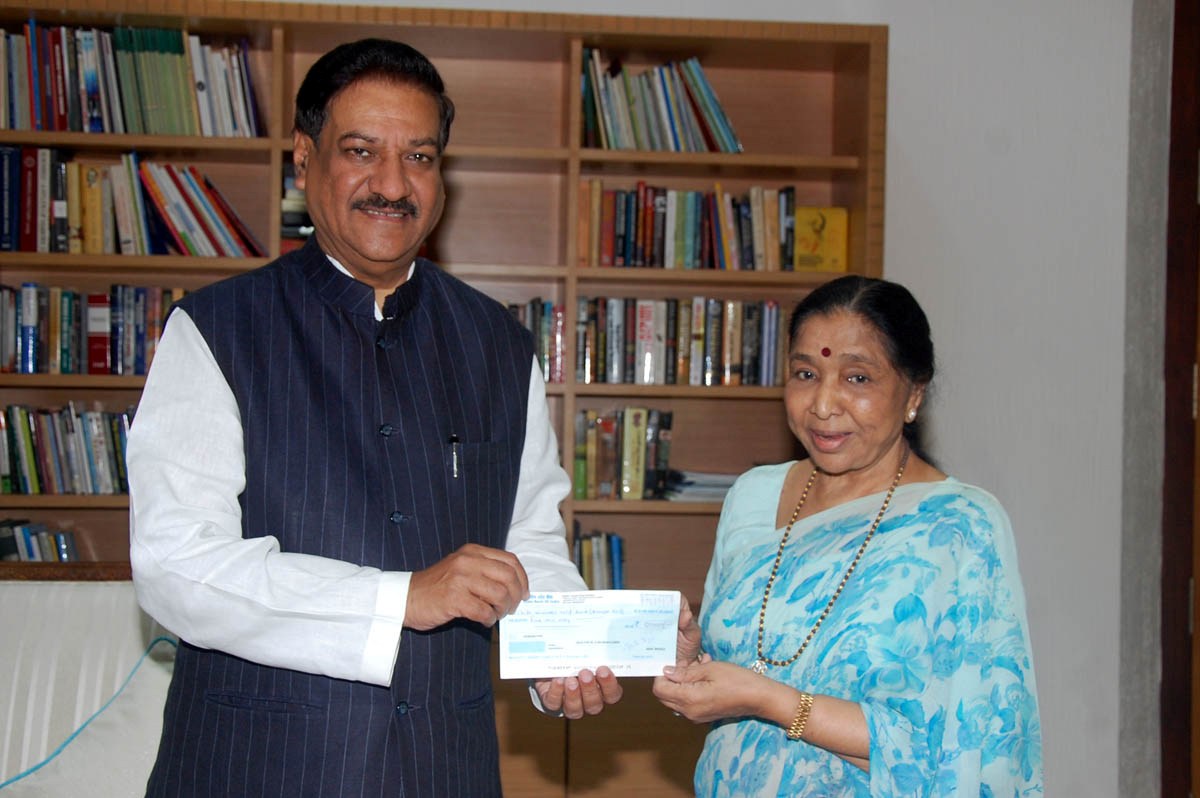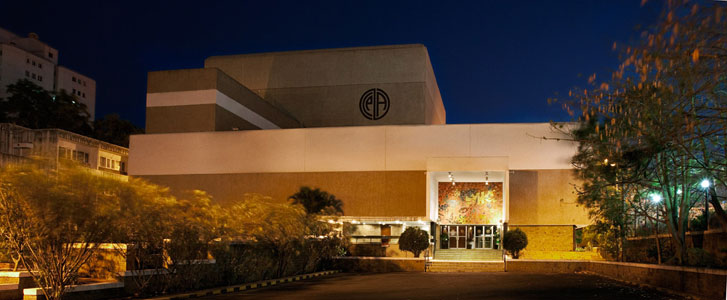You’d think you couldn’t keep a secret in the public realm, in a city like ours. You’d be somewhat right.
by Vrushali Lad | vrushali@themetrognome.in
Nothing remains a secret between people, at least not for long. In a city as populous as ours, where even a scuffle on a public street attracts gawping crowds from five streets away, where the whiff of a possible dead body in an abandoned warehouse brings people to the scene within minutes, where something told in confidence by one person to a friend and an acquaintance becomes news in a day, can anybody really keep a secret?
Turns out, they can. At least, for a little while.
Last month, an artist held a top secret showing of her works at Project 88, a well-known gallery in Colaba. The showing was a secret because it contained some photographs and videos of a sexually explicit nature. I had an invite to it, because a friend of mine had assisted in putting it up. I had been invited with the rider that “You cannot write anything about it, because given the nature of the work, it will be shut down in no time if anybody finds out.” The invite was non-transferable, and I couldn’t bring a plus one.
 When I went there, two guard-type guys meticulously checked my name in a list of invitees. When they didn’t find any Vrushali on there (of course they didn’t: one was looking for Vaishali, the other scanned the list for Burshal), they looked at me coldly and were about to remark when I found my name on the list myself and pointed it to them. They duly crossed it out – this meant I could not visit again. I saw the work and proceeded to speak with the artist, who promptly hit the roof on knowing that I was from the Press (never mind that several mediapersons had attended the opening, since they were her friends and I was not). I assured her, despite my mounting irritation at her rudeness, that I wasn’t there to write about the work and thus bring about a speedy shutdown of the exhibition from right-wing nuts (a genuine fear for artists today), and that I had only dropped by because my friend had told me about the exhibition months ago, and I was very curious to see a secret exhibition in a public place.
When I went there, two guard-type guys meticulously checked my name in a list of invitees. When they didn’t find any Vrushali on there (of course they didn’t: one was looking for Vaishali, the other scanned the list for Burshal), they looked at me coldly and were about to remark when I found my name on the list myself and pointed it to them. They duly crossed it out – this meant I could not visit again. I saw the work and proceeded to speak with the artist, who promptly hit the roof on knowing that I was from the Press (never mind that several mediapersons had attended the opening, since they were her friends and I was not). I assured her, despite my mounting irritation at her rudeness, that I wasn’t there to write about the work and thus bring about a speedy shutdown of the exhibition from right-wing nuts (a genuine fear for artists today), and that I had only dropped by because my friend had told me about the exhibition months ago, and I was very curious to see a secret exhibition in a public place.
After I left the gallery, I was still mad at the artist for unreasonably slotting all journalists into the same troublemakers’ box. For fully five minutes, I toyed with the idea of writing about the exhibition and getting her into the kind of trouble she was fully anticipating anyway.
Then better sense prevailed. I guess all artists, in fact, all creative individuals, are so attached to their work that anything disquieting – by way of a negative critique or a downright shutdown – must really cut them to the quick. After months of hard work, I suppose this artist also had the right to be touchy about who saw her work and who didn’t. So I wrote nothing.
A few days later, Mumbai Mirror carried a vague reference to the exhibition, and specifically mentioned that it was still on at Project 88. Within hours, the artist pulled the exhibition down. I learnt later that the Mirror columnist had been at the showing and was one of the artists’ friends from the Press.
You never know who can really keep your secret safe, huh?
Last week, I read a curious little item, also in the Mumbai Mirror, about a dessert queen in the city. The woman keeps her identity so secret, everyone only knows her via her brand name – Sweetish House Mafia. To sample her cakes, cookies and other goodies, you have to place an order on her FB page or tweet to her, and she lets you know when a car will come around next in a designated area on a designated date and deliver the order.
I really wonder how long the proprietor of this establishment can keep her identity a secret. Somebody must know her, right? And going by that, somebody’s got to spill the beans some time, right? I love the secrecy of the project, though. It reminds me in a weird way of the shoemaker and the elves.
My point is: how does one do something in a public place and keep it a secret? I suppose one could opt for a pen name when writing a salacious blog or book, for example. Or one could say that they are only the face of a project, while the actual creator would not like any publicity, thank you very much. But still – how long can you keep it up? You could probably swear your family and close friends to secrecy, but what about those outside your immediate circle, who might somehow learn who you are and that you’ve closeted yourself behind a secret all along?
Besides, there is a delicious thrill to unmasking someone, isn’t there? Is that why most things don’t remain a secret?
Vrushali Lad is a freelance journalist who has spent several years pitching story ideas to reluctant editors. Once, she even got hired while doing so.
(Picture courtesy www.moneywithflo.com)






